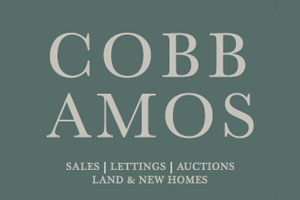Insurance
The Landlord will maintain insurance for the building and contents within the inventory. If you are a tenant in a rental property, you must insure your own possessions and if you cause any damage to any of the Landlord’s items these will be charged to you. You will be required to provide us a copy of your insurance policy should you decided to Let a property through us. If you would like us to assist you in finding a competitive contents insurance quote, please ask us for details.
Smoke and Carbon Monoxide Detectors
New regulations affecting all rental properties regarding smoke alarms and carbon monoxide detectors have come into place. There has been a great deal of confusion recently regarding the changes all properties must now comply. The main regulations are as follows:
Smoke Alarms
All properties must be equipped with a smoke alarm on each storey of the premises where there is a room used as living accommodation
Carbon Monoxide Detectors
A carbon monoxide detector must be supplied in any room in the premises which is used as living accommodation and contains a solid fuel burning combustion appliance. This applies to any wood burning stove , coal fires or gas fires in addition to the gas or oil boiler.
More information can be found at www.legislation.gov.uk.


